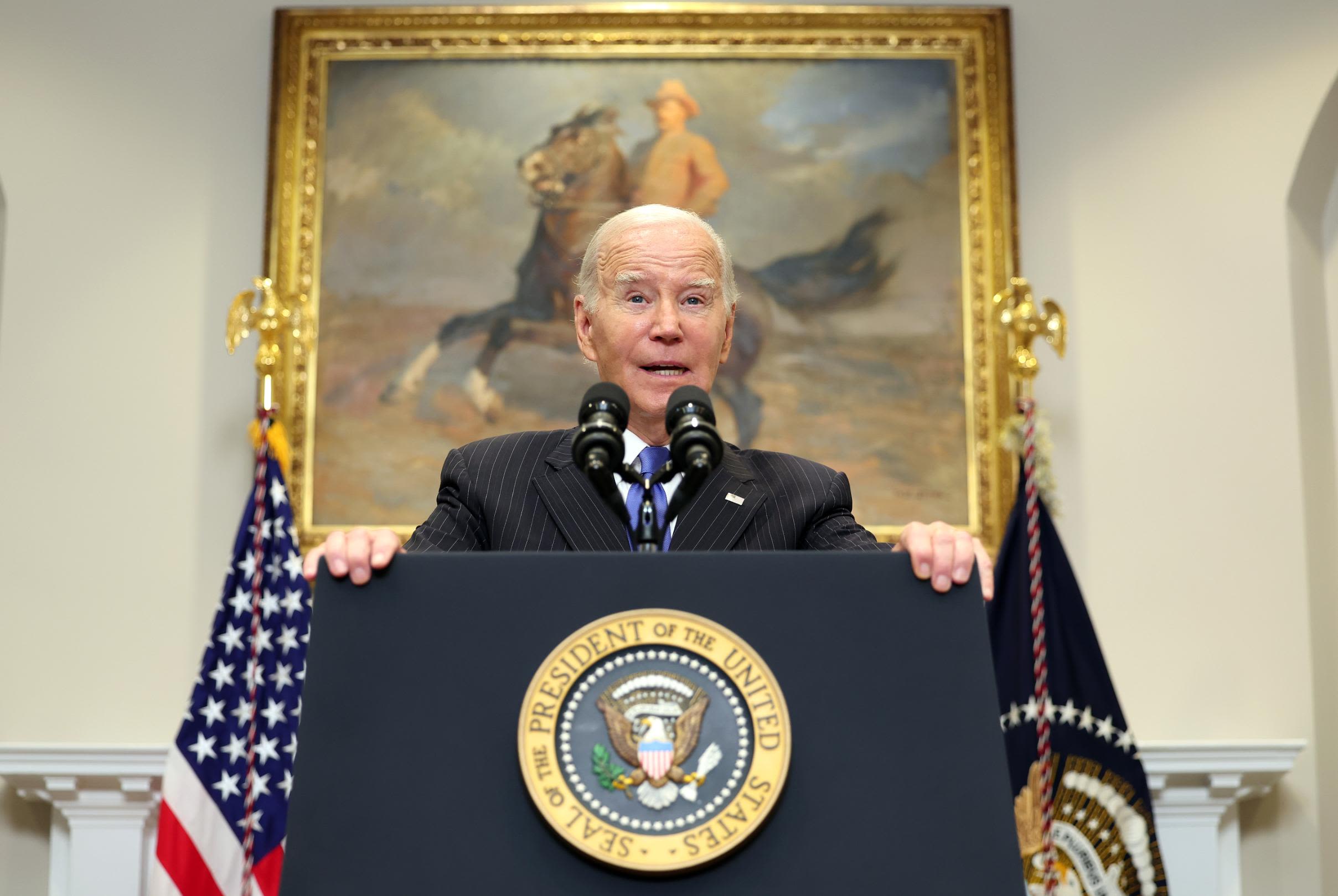
Fact-Check: Misplaced Claims from Biden Relating to Debt, Deficit, and More During Jobs Speech
Discrepancies in Debt and Deficit Statements
In the context of delivering a speech last Friday concerning the September jobs report, President Joe Biden essentially fired off three misleading or inaccurate claims. False affirmations that he has significantly reduced national debt, wrongly attributing a tax initiative not effective until 2023 for improved budget in 2021 and 2022, and the misleading proclamation that he has presided over an "actual surplus," were all part of the misspeak. Further into the speech, Biden also inaccurately cited outdated figures while applauding record-low unemployment rates for African Americans, Hispanics, and people with disabilities. Although these figures have been at record lows at some point during his presidency, they have since risen to non-record levels - that are currently higher than at specific periods during the previous Trump administration.
Dissecting Biden's Claims
President Biden stated that Republicans have intentions to "cut taxes for the very wealthy and big corporations," implying it would increase the deficit. Following this statement, he claimed to have reduced the federal debt by $1.7 trillion over his first two years in the office. In doing so, he mentioned that "Those 50 corporations that made $40 billion, weren't paying a penny in taxes? Well guess what – we made them pay 30%. Uh, 15% in taxes – 15%. Nowhere near what they should pay. And guess what? We were able to pay for everything, and we end up with an actual surplus." However, these claims from Biden fall short of factual accuracy. Firstly, he has not reduced the federal debt, which has surged by more than $5.7 trillion so far under his administration, following a $7.8 trillion increase during Trump's four-year term. The President appears to have confused the terms "national debt" and "budget deficit". Instead, the budget deficit, which is the annual difference between spending and revenues, fell by $1.7 trillion over his initial two fiscal years in office. Secondly, Biden's 15% corporate minimum tax on particular large, profitable corporations did not become effective until 2023. Hence, the tax policy could not have influenced the deficit reduction in fiscal 2021 and 2022. Lastly, there is no existing "actual surplus". The federal government persists in running a budget deficit well over a trillion dollars.
Clarifying the Corporate Minimum Tax
Addressing the corporates that "made $40 billion, weren't paying a penny in taxes," Biden is presumably referring to a study done by the Institute on Taxation and Economic Policy published in 2021. The report listed 55 corporations that paid no federal corporate income taxes in their latest fiscal year. While Biden stated that "we made them pay 15% in taxes," this new 15% minimum tax only applies to corporations with an average annual financial statement income of $1 billion or more. Of the 55 corporations listed in the study, only 14 had US pre-tax income of at least $1 billion. Consequently, some profitable large-scale companies won't be affected by this tax.
Misquoting Unemployment Figures
Biden applauded the September jobs report and claimed a 70-year unemployment rate low for women and record-low unemployment rates for African Americans, Hispanic workers, and disabled individuals. Yet, these statements were misleading as these figures (except for the women's unemployment rate) aren't current. The rates for African Americans, Hispanics, and people with disabilities, while initially hitting record lows during his presidency, have since increased to levels higher than during certain periods of Trump's term. Despite these factual errors in his speech, President Biden's administration continues to tackle key issues such as tax reform, unemployment, and national debt.



Comments
Post a Comment